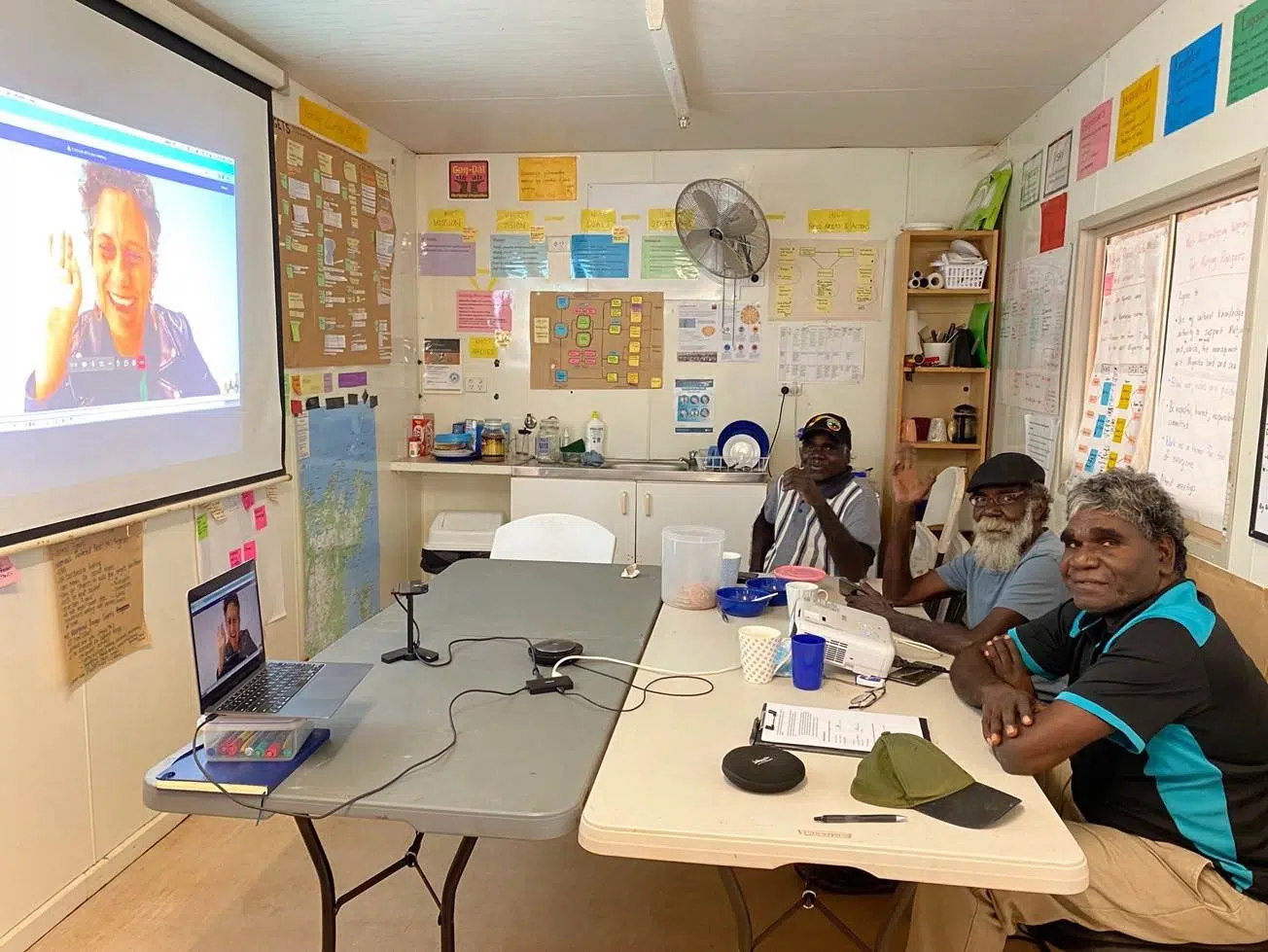What is reconciliation?
Reconciliation is about strengthening relationships between Aboriginal and Torres Strait Islander peoples and non-Indigenous peoples.
According to Reconciliation Australia, Reconciliation is based and measured on five interrelated dimensions:
- Race relations: All Australians understand and value Aboriginal and Torres Strait Islander and non-Indigenous cultures, rights and experiences, which results in strong relationships based on trust, respect and freedom from racism.
- Equality and equity: Aboriginal and Torres Strait Islander peoples participate equally in a range of life opportunities and the unique rights of Aboriginal and Torres Strait Islander peoples are recognised and upheld.
- Institutional integrity: The active support of Reconciliation by the nation’s political, business and community structures.
- Unity: An Australian society that values and recognises Aboriginal and Torres Strait Islander cultures and heritage as a proud part of a shared national identity.
- Historical acceptance: All Australians understand and accept the wrongs of the past and their ongoing impact on Aboriginal and Torres Strait Islander peoples. Australia makes amends for past policies and practices to ensure these wrongs are never repeated.
How does Plan support reconciliation?
We commit to sincere and genuine Reconciliation and support the Uluru Statement from the Heart in full.
We commit to Reconciliation as an intrinsic feature of our strategies and operations, articulated through progressive Reconciliation Action Plans (RAP) that are regularly reviewed, endorsed and resourced by the governance and management of PIA.
Through our Reconciliation Action Plan:
- We approached other like-minded organisations to collaborate on our Reconciliation journey and supported the Yes campaign for The Voice referendum.
- We led a submission to the Fair Work Commission to allow the substitution of public holidays to a different day under the Social, Community, Home Care and Disability Service (SCHADS) Awards. This means PIA employees can now choose to acknowledge public holidays that are relevant to them including the option of working on January 26 and taking a different day off.
- We implemented Cultural Awareness Training for our staff.
- We consulted with staff and conducted an organisation-wide survey on their understanding of the RAP, their role in relation to the RAP and our priority actions for the next stage of the RAP.
- We acknowledge key awareness days, including National Reconciliation Week, NAIDOC Week and Aboriginal and Torres Strait Islander Children’s Day, and allowing employees the opportunity to show solidarity with Aboriginal and Torres Strait Islander communities by not recognising the public holiday on January 26, and attending the Invasion/Survival Day rally together.
Download our Reflect Reconciliation Action Plan (PDF 4.8MB).
The Uluru Statement from the Heart and Indigenous Voice to Parliament
Emerging from the 2017 First Nations National Constitutional Convention, the Uluru Statement from the Heart is the acknowledged voice of Aboriginal and Torres Strait Islanders demanding representation and social justice in Australia (noting there remains difference of views among Aboriginal and Torres Strait Islander peoples as to the realisation of self-determination).
The Uluru Statement calls for constitutionally enshrined representation, and Makarrata (a process of conflict resolution, peace-making and justice).
Supporting the principle of self-determination, Australian human rights organisations collectively and individually acknowledge and endorse the Uluru Statement as an expression of human rights and social justice.
Along with other ANGO members, PIA endorsed the Australian Council for International Development’s (ACFID) Resolution 1/2017 in November 2017 which commits PIA to:
- Stand in solidarity with Aboriginal and Torres Strait Islander peoples for Makarrata through truth, justice, healing and agreement making
- Support the aims and aspirations of Aboriginal and Torres Strait Islander peoples for substantive constitutional reform, by leveraging our networks and influence.
The Voice referendum was just one potential mechanism for change, situated within a bigger movement for justice. In the wake of the referendum results, we reaffirm our commitment to walk with First Nations communities as they determine for themselves the best way forward for their children and young people. First Nations children deserve better than to be over-represented in poor health, education and incarceration statistics – and First Nations people have the solutions.
Artwork: Lifelong Learning by artist Johnny Warrkatja Malibirr
Reflect Reconciliation Action Plan
Goŋ-Däl
In 2019, PIA entered into a partnership with Goŋ-Ḏäl Aboriginal Corporation (GDAC), an Aboriginal-owned corporation in the Miyarrka (Arnhem Bay) region of East Arnhem Land, with a special emphasis on children and young people. GDAC and PIA work to promote Yolŋu voices to be heard on issues relating to their well-being, and to support children and especially the wellbeing of girls and women in line with PIA’s purpose.
Our commitment includes an annual contribution of $150,000 that can be flexibly applied to a range of strategic purposes.
The partnership with Goŋ-Däl has established a fruitful and trusted space, one where we continue to provide support when asked and learn from our engagement. Through this partnership, we have the opportunity to see different perspectives on issues like localisation and empowerment that can inform our practices in other parts of the world.
Our relationship with Plan gives us the confidence to take strategic risks and overcome barriers. This is especially important around Homelands development, which has been poorly understood and supported by government policy… There is no doubt that our partnership with Plan has enabled Gong-Dal to grow, empowered local Yolŋu people, and is having a very positive impact on the lives of Yolŋu people, women and girls, in Gapuwiyak and our Homelands.
Photo: Plan International Australia CEO, Susanne Legena, meets virtually with Gong-Dal Aboriginal Corporation Directors, Yangipuy Wanambi, Paul Wunuŋmurra, and Peter Guyula (front to back).
